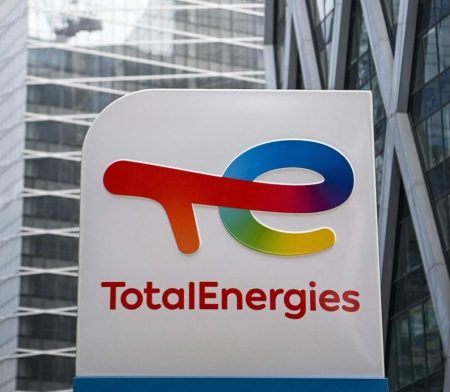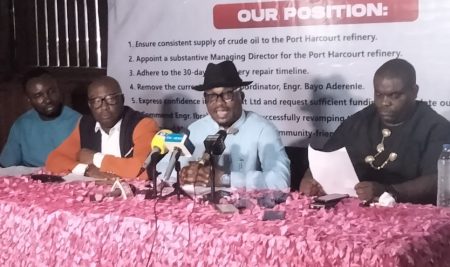 19 May 2013, News Wires – Dutch trading house Argos Energies is reportedly also among the oil companies and price reporting agencies being investigated by the European Commission in its oil market inquiry, Reuters has reported.
19 May 2013, News Wires – Dutch trading house Argos Energies is reportedly also among the oil companies and price reporting agencies being investigated by the European Commission in its oil market inquiry, Reuters has reported.
An industry source familiar with the investigation told the wire service that EC inspectors had visited the mid-sized trading company.
Argos Energies, which deals in physical oil products and owns storage facilities, declined to comment to the wire service on the report.
The sources said Argos Energies was first visited by inspectors on Tuesday and that Friday was the last day of the inspection.
The London offices of BP, Shell and Platts have all been inspected this week as part of the probe, along with the Stavanger offices of Statoil.
Argos Energies is headquartered in Rotterdam, where Shell’s offices have also been inspected.
Earlier on Friday, Total chief executive Christophe de Margerie said he would be “very surprised” if the investigation uncovered price-fixing in the crude and oil-products markets.
“Knowing the companies that are named, I would be very surprised if they contributed to manipulation of prices,” De Margerie told reporters today in Paris after Total’s annual general meeting, according to Bloomberg reports.
“I know Statoil and I can’t imagine that company manipulating prices,” de Margerie said. “I know their ethics. I don’t see a big scandal.”
Total has estimated that as much as 80% of all crude and oil-product transactions are linked to reference prices such as those published by Platts.
The remainder are largely linked to exchange-traded futures on the New York Mercantile Exchange and ICE Futures Europe.
“The system isn’t perfect but that doesn’t mean there’s price fixing,” de Margerie said on Friday.
The Total boss also denied that the Paris-based oil giant had lodged a complaint with the European Commission that may have sparked the probe, as has been rumoured.
The French company’s oil trading arm did however alert the International Organization of Securities Commissions (Iosco) to “inaccurate pricing” of crude and oil products in August last year, it has emerged.
In the letter, Total Oil Trading said that “the work done by the [price reporting agencies] PRAs can generally be considered conscientious and professional. However, the published prices do not always represent those of the market with the same degree of accuracy”.
“This heterogeneity exists both within individual PRAs and between PRAs. As well, the quality of the reporting is not always consistent over time,” the French company said.
“Finally, while certain PRAs have pricing processes that are reproducible using the underlying data, others do not (the principal difference being the use of “judgement” that may bias prices away rather than toward the market),” the letter said, of the practice of balancing deals with editorial consideration in generating PRA assessments.
*Bill Lehane, Upstreamonline



